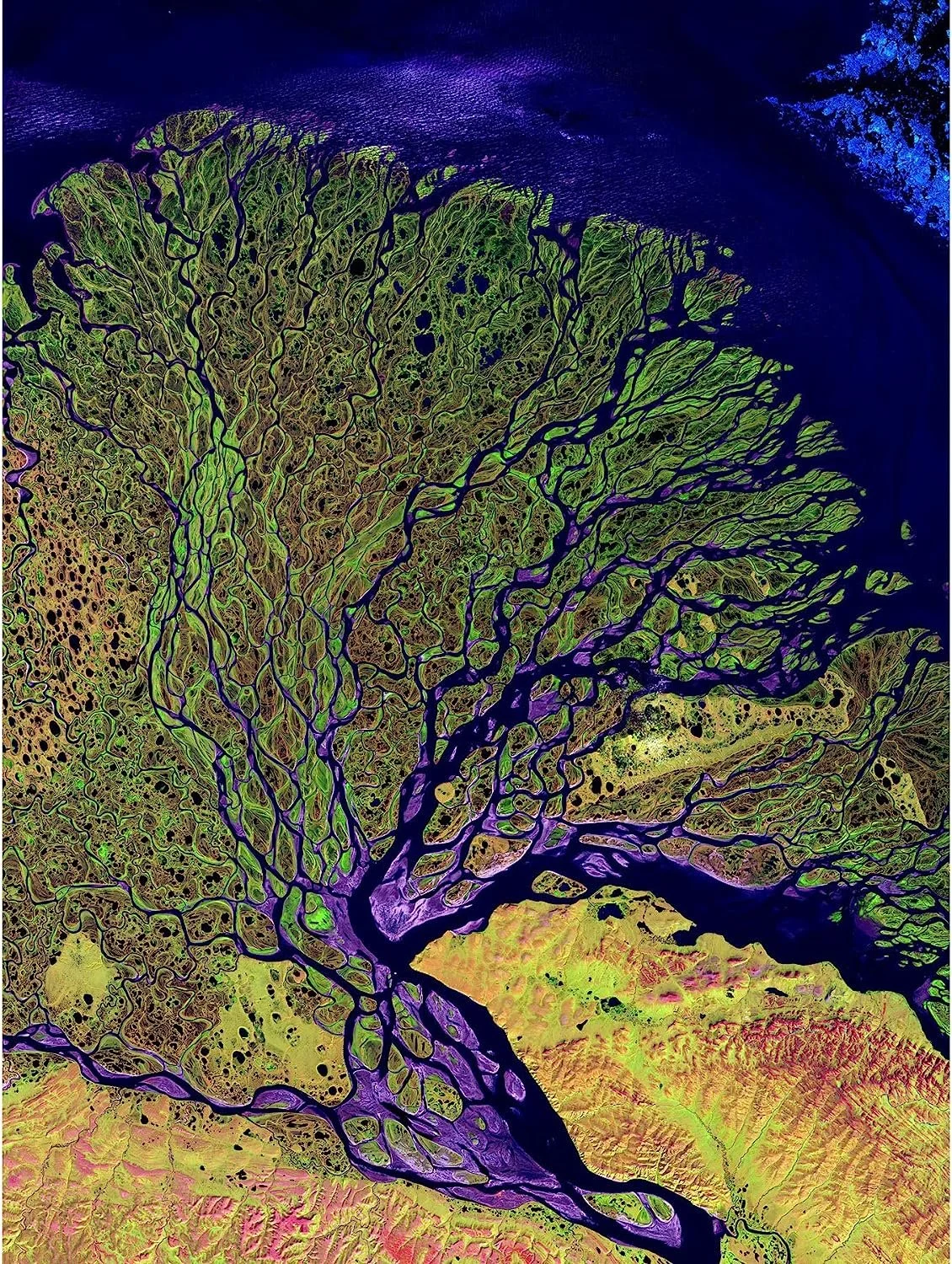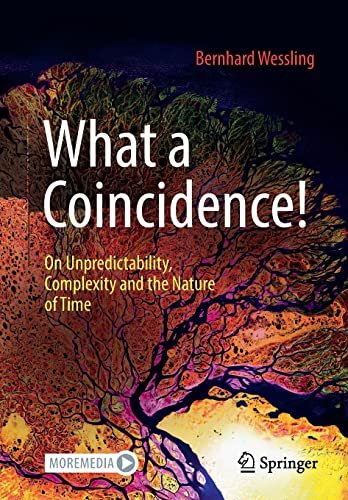Today’s sudden downpour of rain was not forecast, despite the best efforts of supercomputers and advanced meteorological models that predict the weather with uncanny accuracy most of the time. Many other events, from political upheavals to scientific discoveries to tragic accidents and happy coincidences occur all the time. What are we to make of it?
Bernhard Wessling takes an original view of the origin of chance and coincidence, not based on quantum mechanics but on the non-equilibrium properties of our world. “Coincidence is not a causal chain, but it results from a causal chain, more precisely: from several converging chains,” he suggests. “Coincidence is an event that was caused by more than one causal chain.”
Wessing takes issue with the idea that there are chance events that have no causal explanation. “For most coincidental and accidental events, even we ordinary mortals can find a causal explanation, and for more complicated causal chains, researchers can decipher them. That may not always be easy, sometimes very difficult, sometimes it is not worth the effort. But there are always causal explanations.”

